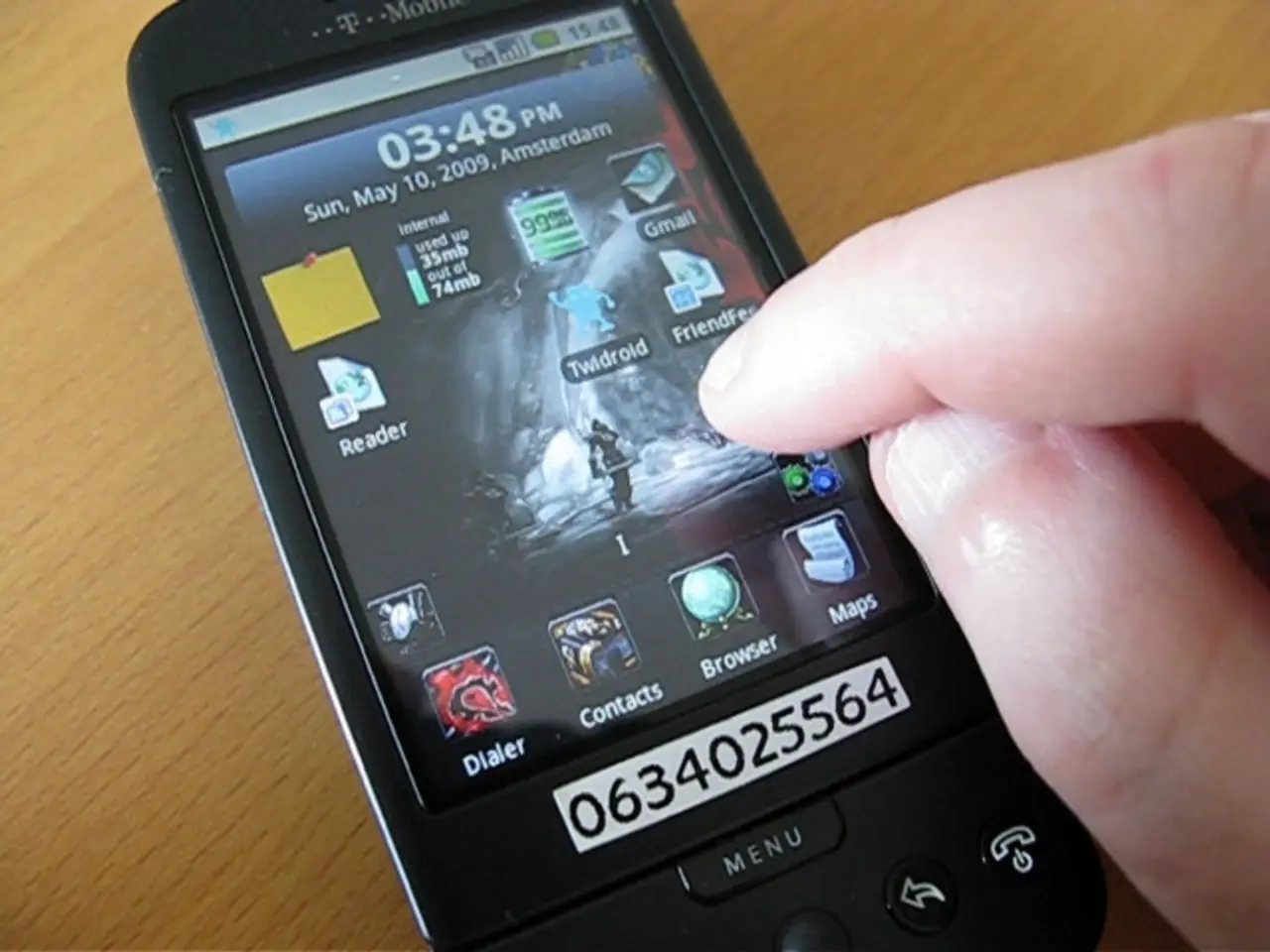Uncovering the Puzzle: How a Random User Acquired Your WhatsApp Number
In the digital age, protecting your personal information is crucial, and this includes your phone number on WhatsApp. Here's a rundown of some key points to help you secure your privacy on the popular messaging platform.
One of the concerns with WhatsApp is the chain reaction that contact list syncing can cause. Your number could end up on more and more contact lists, increasing the likelihood of it falling into the wrong hands.
To combat this, it's essential to be aware of the numerous online directories and "people search engines" that collect and aggregate publicly available information, including phone numbers, addresses, and social media profiles.
A more sophisticated form of attack is SIM swapping, where an attacker tricks your mobile carrier into transferring your phone number to a SIM card they control. To prevent this, enabling two-step verification on WhatsApp adds an extra layer of security by requiring a PIN when registering a phone number, preventing unauthorized access even if someone intercepts SMS verification codes.
By default, WhatsApp privacy settings for profile information are often set to "Everyone," allowing anyone who has your number in their contacts to see your information. To limit exposure, users can change these settings to "My Contacts" or "Nobody."
Hackers can use stolen data from a data breach for spam campaigns and identity theft. Regularly checking for data breaches using websites like "Have I Been Pwned?" can help users identify if their email address or phone number has been compromised in a known data breach.
Phishing scams are another threat. These often involve sending fake emails or messages that appear to be from legitimate organizations, asking for personal information, including phone numbers. Be wary of unsolicited messages or calls from unknown numbers, especially if they ask for personal information or try to pressure users into taking action.
Regularly reviewing and revoking unnecessary app permissions, particularly those apps that request access to contacts, can help protect personal data. Laws regarding data privacy and unsolicited communication vary by jurisdiction, and sending unsolicited commercial messages often requires explicit consent, with individuals having the right to opt out of receiving such messages.
WhatsApp asks for access to your contacts, which allows your number to be uploaded to WhatsApp's servers if someone in your contact list has your number saved in their phone. Be aware that many third-party apps and services also request access to your contacts, potentially collecting and selling your data, including your phone number.
To make it harder for strangers to identify and target you, WhatsApp offers privacy settings for profile pictures, 'About' information, 'last seen' status, and group settings that allow users to restrict visibility to "My Contacts" or "Nobody." Users should immediately block and report strangers who contact them on WhatsApp to help WhatsApp identify and address potential spam or abuse.
Lastly, using strong and unique passwords for all online accounts, and enabling two-factor authentication (2FA) on important online accounts, adds an extra layer of security, making it more difficult for attackers to gain access to accounts, even if they have passwords.
By following these tips, you can help protect your privacy on WhatsApp and reduce the risk of your personal information falling into the wrong hands.
Read also:
- Peptide YY (PYY): Exploring its Role in Appetite Suppression, Intestinal Health, and Cognitive Links
- House Infernos: Deadly Hazards Surpassing the Flames
- Rare Genetic Disease Affecting a Child: Lend a Hand to Those in Need
- Aspergillosis: Recognizing Symptoms, Treatment Methods, and Knowing When Medical Attention is Required








